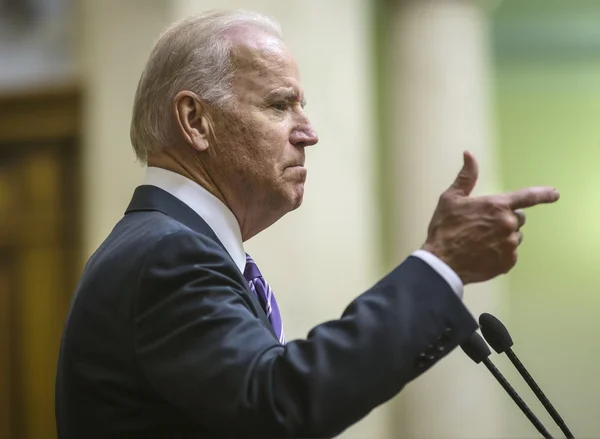The recent drone attack that claimed the lives of three American troops has placed the United States in a precarious position, deepening its involvement in the ongoing Middle East conflict.
Simultaneously, high-stakes hostage negotiations in France and the evolving situation in Jordan have created a complex web of challenges for leaders in Washington and the Middle East.
This critical juncture underscores the urgency of securing the release of hostages in Gaza to potentially halt the hostilities between Israel and Hamas.
As key players weigh their options, the future of the region hangs in the balance.
Read More: Biden’s ‘Real Governor’ Remark Sparks Backlash from Conservatives
Unfolding Events and Critical Decisions
The confluence of events involving hostage talks and the deadly drone attack has heightened tensions in the Middle East, prompting leaders to consider transformative actions with far-reaching consequences.

President Joe Biden, in response to the attack, declared, “We shall respond,” emphasizing the gravity of the situation.
However, the scale and nature of the American reprisal remain uncertain, presenting a significant decision for Biden as he navigates a challenging reelection campaign.
Pressure Mounts in Israel and Tehran
In Israel, Prime Minister Benjamin Netanyahu faces intense pressure to negotiate an agreement for the release of over 100 hostages in Gaza.
Such an agreement would necessitate a prolonged pause in Israel’s campaign against Hamas.
Meanwhile, in Tehran, leaders grapple with the possibility of their strategy, supporting proxy groups to sow instability, leading to direct conflict with the United States.
The choices made by each party in the coming days could reshape the trajectory of the Israel-Hamas war and the broader tensions in the region.
Dangerous Escalation and the Role of Gaza
The drone strikes in Jordan, resulting in the death of three American troops and injuries to more than 30 others, have been termed a “dangerous escalation” by Rep. Adam Smith.
He emphasizes the interconnectedness of the situation in Gaza, where Israel’s military campaign has claimed numerous lives and triggered escalating violence across the region.
Finding a resolution in Gaza becomes crucial in curbing Iran’s empowerment and avoiding a wider conflict.
The Challenge of Responding
While Biden asserts that the U.S. will respond forcefully, the specific nature of this response remains undetermined.
The administration aims for a robust military action, surpassing previous responses to non-fatal attacks.
However, there is a reluctance to become directly embroiled in a regional war against Iran.
The attribution of responsibility for the attack is still being worked through, with National Security Council spokesman John Kirby pointing to Kata’ib Hezbollah as a potential supporter of the group behind the drone attack.
Calls for Striking Iran
Amidst the uncertainty, Republican voices advocate for striking targets inside Iran, viewing it as a necessary reprisal and deterrent against future aggression.
Sen. Lindsey Graham urges targeting of significance inside Iran, emphasizing the regime’s understanding of force as the primary language.
The pressure on Biden to respond intensifies, with the challenge of balancing a forceful response while avoiding further escalation.
Path Forward: Hostage Negotiations and Diplomacy
As the U.S. contemplates its response, there is a parallel effort to negotiate a hostage agreement in Gaza.
CIA Director Bill Burns was dispatched to Paris for talks on a plan that includes a phased release of remaining hostages in Gaza and a two-month suspension of the war.
Although described as “constructive” by the Israeli prime minister’s office, significant gaps remain, requiring further discussions.
Qatar’s prime minister is expected in Washington to contribute to the diplomatic efforts, with hopes that an agreement could alleviate tensions in the region.
Also Read: Biden and Harris Amplify Abortion Rights Focus on Roe Anniversary
Growing Urgency for Resolution
The deaths of three American troops add urgency to the ongoing negotiations, emphasizing the need for a swift resolution to the Gaza conflict.
The instability across the Middle East further underscores the importance of reaching an agreement that can de-escalate tensions and pave the way for humanitarian aid to flow into Gaza.
As leaders grapple with complex decisions, the world watches closely, aware that the choices made in the coming days could shape the future of the Middle East.
Read Next: Supreme Court Declines to Interfere in Michigan Redistricting Case
